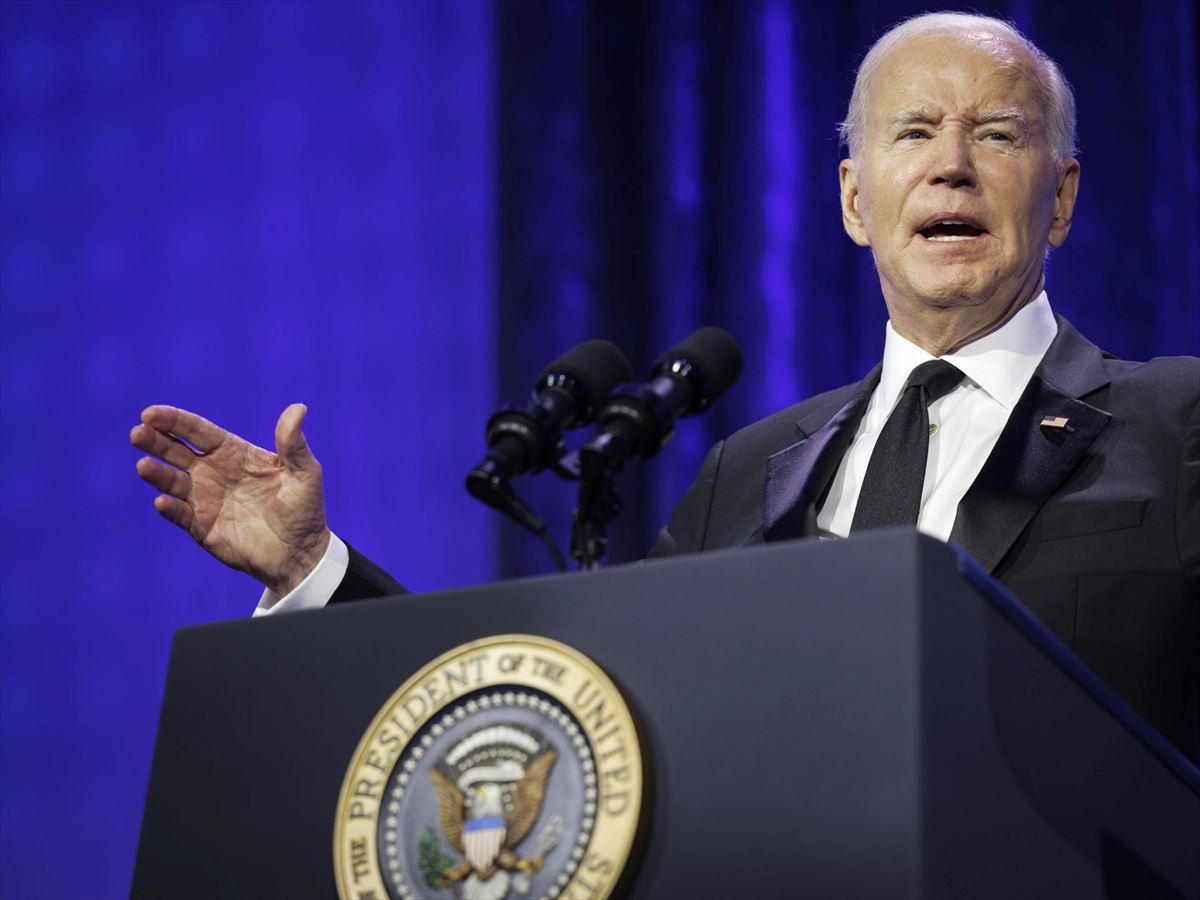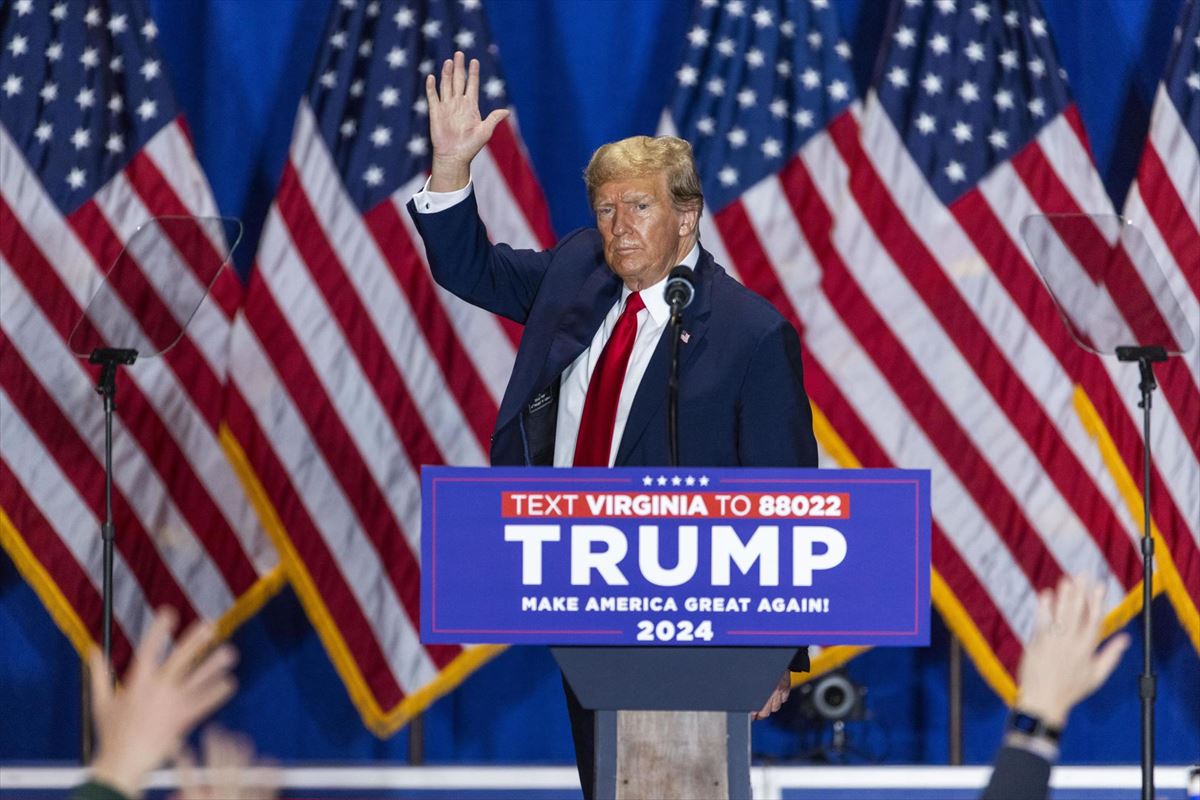The Democratic and Republican parties will elect more than 35% of the delegates who have the power to vote for a presidential candidate. California and Texas, the largest states, are in the call.
This Tuesday is the big day of the presidential primaries in the United States, a key date known as ‘Super Tuesday’ in which the largest number of delegates are distributed in a single day (more than 35%) and which can leave the candidacies practically resolved. for Joe Biden and Donald Trump.
Why is Super Tuesday important?
The presidential primaries began Jan. 15 in Iowa for Republicans and Feb. 3 in South Carolina for Democrats, and only a handful of states have voted since.
These early dates have traditionally served to define the favorites and for the candidates with less support to withdraw. This is what happened this year with the Republicans, with the abandonments of Ron DeSantis, Chris Christie and Vivek Ramaswamy.
The importance of ‘Super Tuesday’ lies in the large percentage of delegates from the two major parties that are chosen early in the primaries, leaving the process normally very much on track for the future winner.
Which states vote on Super Tuesday?
A total of 14 of the country’s 50 states will hold Republican and Democratic primaries, including California and Texas, the largest in the country. The others are Alabama, Arkansas, Colorado, Maine, Massachusetts, Minnesota, North Carolina, Oklahoma, Tennessee, Utah, Vermont and Virginia.
California and Texas are the states that will allocate the most delegates this March 5, and will practically resolve the nominations of Biden, who does not have a significant rival, and Trump, since in the Republican case the candidate who exceeds 50% will be elected. carries the majority of the delegates.
In addition to those 14 states, Republicans in Alaska are called on that date, while Democratic voters abroad and in the territories of American Samoa and the Northern Mariana Islands will also be able to choose their candidate this ‘Super Tuesday’.
How many delegates are distributed?
On this ‘Super Tuesday’, the Republicans will elect 865 of the 2,429 delegates who will be called to the Republican National Convention next July in Milwaukee (Wisconsin), a 35.6% of the total.
For their part, the Democrats elect on this date 1,439 of the 3,934 delegates, 36.5%, who will proclaim their candidate at the Democratic National Convention in August in Chicago (Illinois).

Can Biden win the primaries on Super Tuesday?
No. Even if Biden were to win all the delegates at stake (so far only two have escaped him in the Michigan primaries), by adding his current 206 he would remain at 1,645, still 323 away from the magic figure of 1,968 given by the Democratic candidacy. .
The most likely thing is that in the absence of significant opposition, Biden will obtain the necessary number of delegates to be considered the winner of the primaries on March 19, when another half-dozen states have elected their delegates.

And Trump?
Neither. Although the former president dominates the Republican primaries without setbacks, the presence of Nikki Haley in the race is delaying the day when the former president can claim victory.
Even if Trump took absolutely all the delegates, something unlikely, he would still not reach the 1,215 he needs to be declared a candidate.
But if Trump sweeps the length and breadth of the states called to the polls, it will be very difficult for haley justify continuing in the race.
Source: Eitb
I am Michael Melvin, an experienced news writer with a passion for uncovering stories and bringing them to the public. I have been working in the news industry for over five years now, and my work has been published on multiple websites. As an author at 24 News Reporters, I cover world section of current events stories that are both informative and captivating to read.
